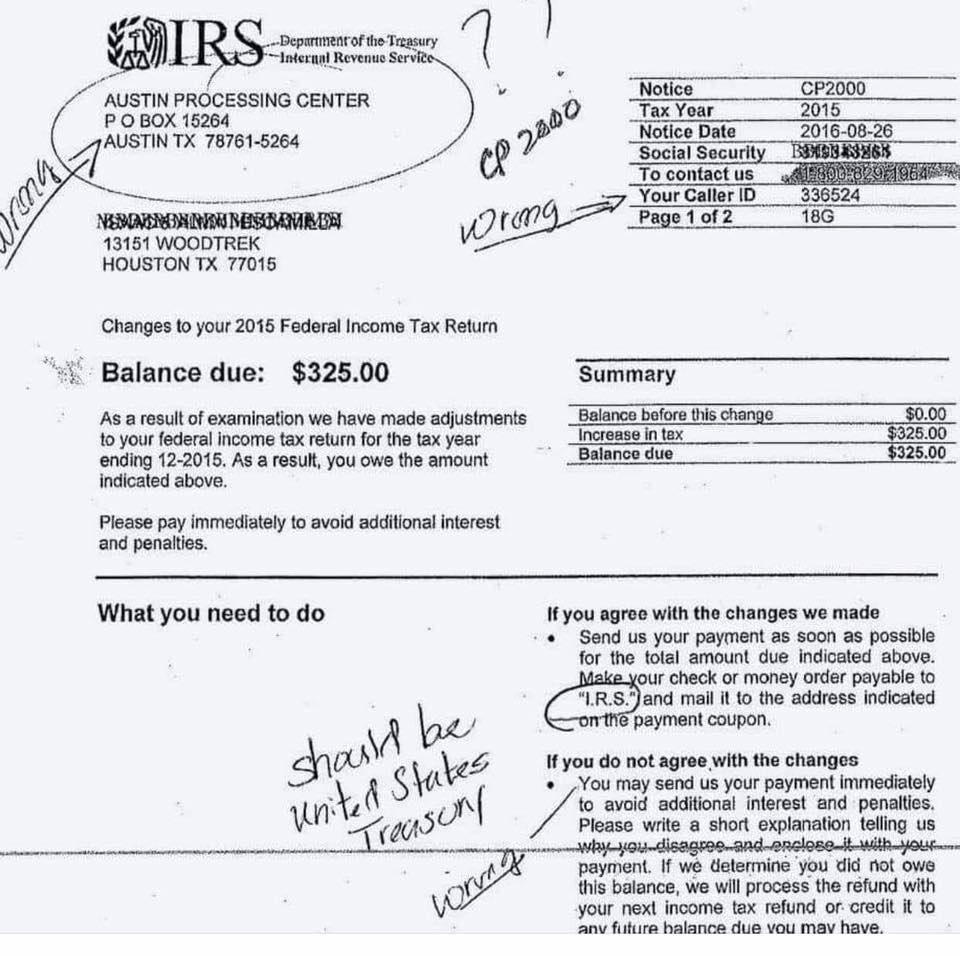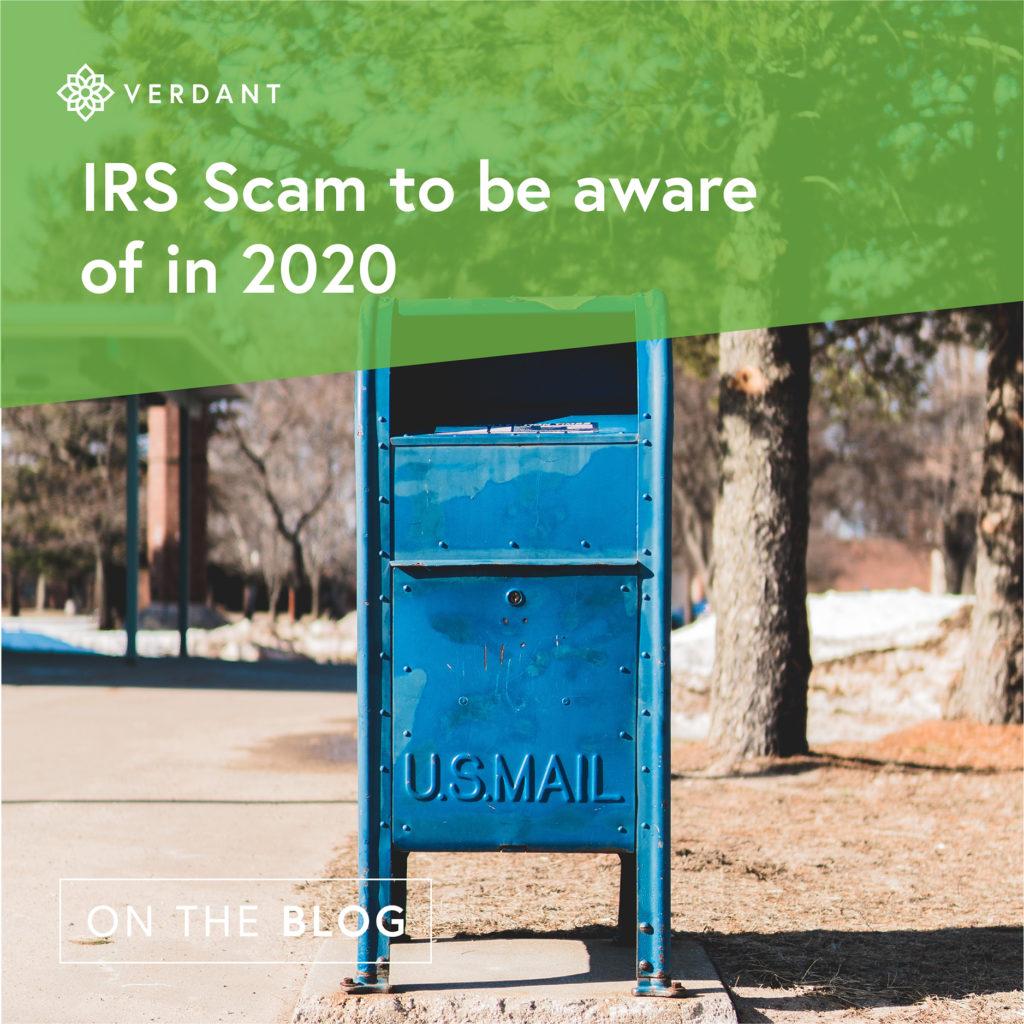Over the years, scammers have become more intelligent and their scams have become almost indistinguishable. Millions of dollars and personal information has been lost in IRS scams. Your phone and email are potential victims of collecting an IRS scam.
The easiest way to figure out if you’re a potential victim is the mode of communication. The IRS will not contact you by email, text, or social media accounts. If you have received what looks to be a legitimate IRS communication through any of these modes, please report and block the email, phone number, or social account.
The IRS will only contact you, a taxpayer, through the mail (USPS). The IRS may try to contact you over the phone IF you have an overdue tax bill, to secure a delinquent tax return or a delinquent employment tax payment, or to tour a business as part of an audit or during criminal investigations BUT you will usually receive multiple mailed “notices” beforehand.
Scammers have developed a new way to scam unaware taxpayers.
Scammers have exhausted the fake phone calls and malicious email avenue and have turned to sending fake snail mail. This IRS scam has been circulating since the early summer of 2019. This is scary because the letters look so real. It’s important that you know the signs and differences between a real IRS letter and a fake.

It’s crazy how real the fake IRS letter looks, even using an IRS seal and the same formatting. The fakes use some different verbiage but a sure way to figure out if you have received a fake letter is to hop online and visit irs.gov/payments and check your tax account.
Some letters may threaten an IRS lien or levy. Some tax-related information like liens filed is public record. So, a scammer may have real numbers but if they also ask you to pay an agency with a name like “Bureau of Tax Enforcement” – it’s definitely fake.
It’s important to know the difference between a real and fake IRS letter.
A real IRS letter will:
- Be delivered in a government-issued envelope and will have the IRS seal on the letter
- Have a notice number or letter number located in the top right-hand corner
- Have your tax ID number
- State the tax year or years that the notice pertains too
- Have IRS contact information stated with a 1-800 number (if it looks like a cell number it may be a fake). Call the IRS directly at 1-800-829-1040 to confirm the letter
- State your rights as a taxpayer, or appeal rights, or other options
- NOT state that you have a warrant out for your arrest or threaten to deport you
- List your payment options and how to pay
- Only ask you to make payments to the United States Treasury (any other name may mean it’s fake)
What to do if you have received a fake IRS letter
If you’ve received a notice, bring it to your tax accountant. They can easily distinguish between real and fake. If it’s real, your tax professional will need to know as it may affect the following year’s tax return.
If you’ve received a fake IRS scam letter, please report it to the Treasury of Inspector General for Tax Administration and the IRS by emailing [email protected] (subject line “IRS Impersonation Scam”) or you can report a fake letter by calling the IRS at 1-800-829-1040.
Stay aware, alert, and safe!
We always recommend consulting a tax professional about your tax situation. Schedule an appointment with your CPA to make sure you’re on the right track for a successful tax season. Contact us today for a free consultation.

